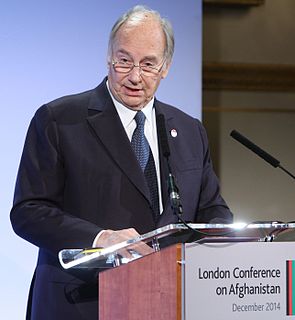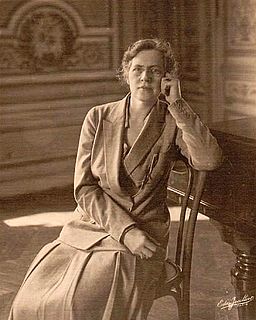A Quote by Aung San Suu Kyi
The history of the world shows that peoples and societies do not have to pass through a fixed series of stages in the course of development.
Related Quotes
I thank Missio, (Pontifical Mission Societies), the primary instruments for cooperation in the universal Church's universal mission in the world. Through their action, the proclamation of the Gospel bears witness to Christ and is lived out in service of our neighbour through justice for the poorest, education in isolated villages, medical care in remote areas, freedom from poverty, the reintegration of the marginalised, support for the development of peoples, the breaking down of ethnic divisions and respect for life in all its stages.
It is clear, then, that the idea of a fixed method, or of a fixed theory of rationality, rests on too naive a view of man and his social surroundings. To those who look at the rich material provided by history, and who are not intent on impoverishing it in order to please their lower instincts, their craving for intellectual security in the form of clarity, precision, "objectivity," "truth," it will become clear that there is only one principle that can be defended under all circumstances and in all stages of human development. It is the principle: anything goes.
As an engineer, I understood that the natural world operated according to fixed laws. Through my studies, I came to realize that there were, likewise, laws that govern human wellbeing. It seemed to me that these laws are fundamental not only to the wellbeing of societies, but also to the miniature societies of organizations. Indeed, that is what we found when we began to apply these principles systematically at Koch Industries. Through our observation of how they could create prosperity in an organization, I began to systematize my beliefs into Market-Based Management.
It is useless saying that we do not accept the gods of the primitive world. In form, no; in essence, yes. The fact before us is that all ideas of gods can be traced to the earliest stages of human history.... There is an unbroken line of descent linking the gods of the most primitive peoples to those of modern man. We reject the world of the savage; but we still, in our churches, mosques, synagogues and temples, perpetuate the theories he built upon that world.




































